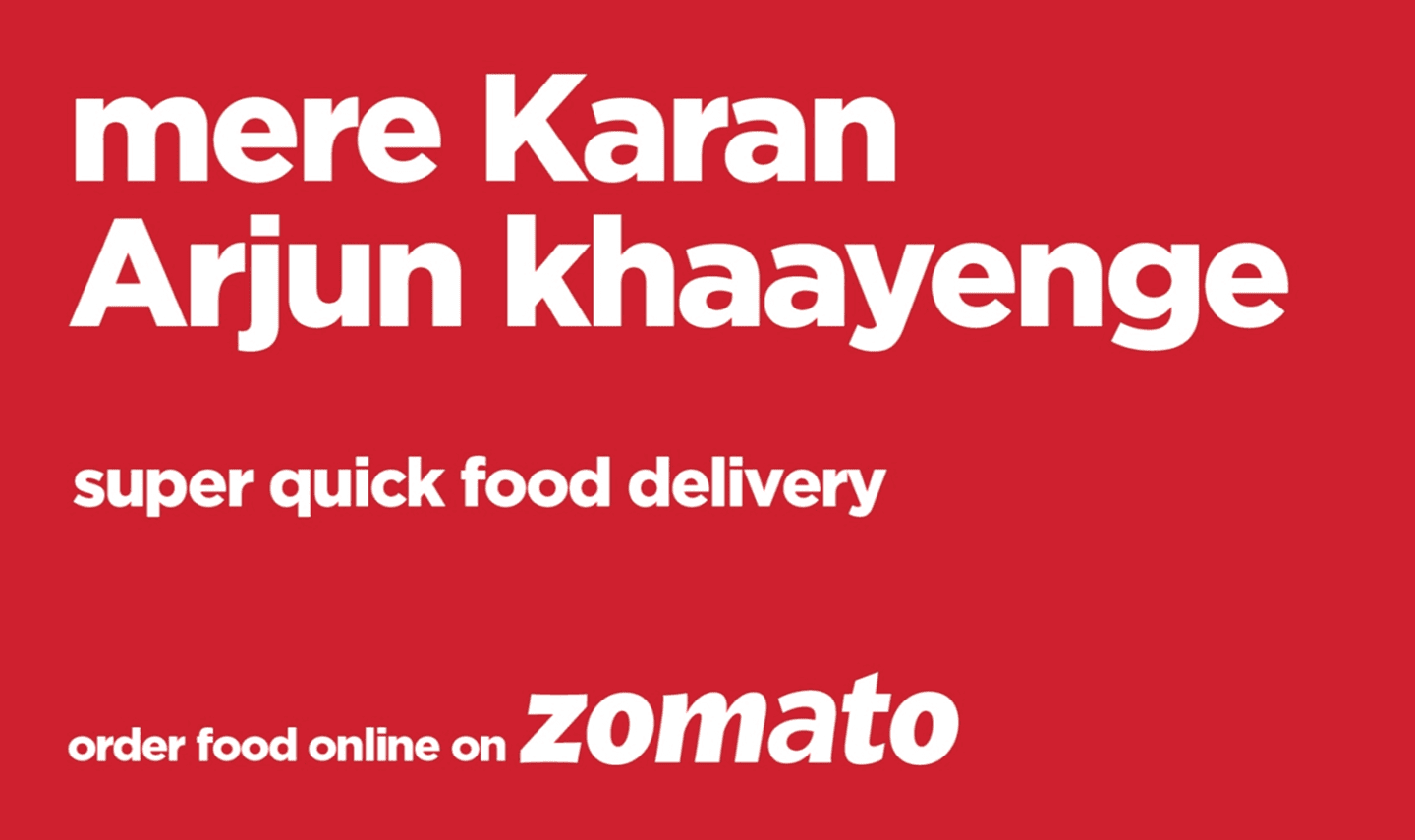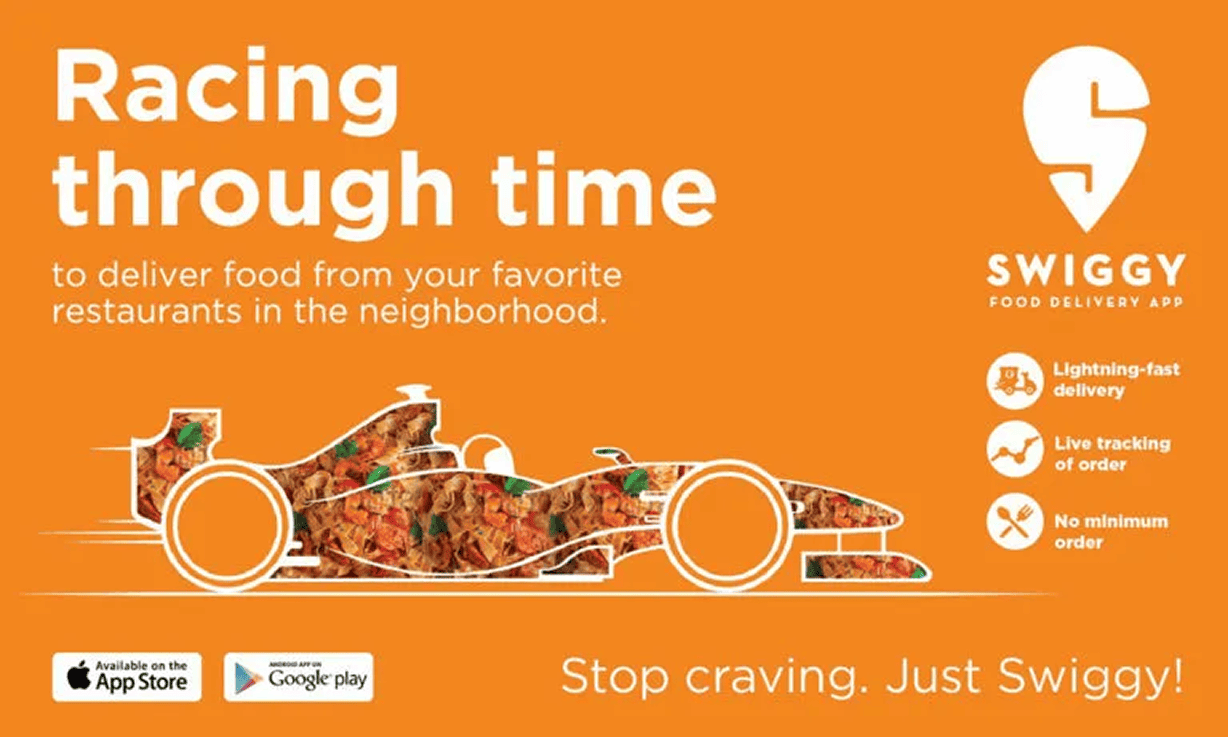In simple terms, digital marketing is any form of marketing done online. Imagine you’re scrolling through Instagram and see an ad for a new phone, that’s digital marketing in action!
It involves communicating with customers and promoting goods and services using websites, social media, email, and search engines. Digital marketing’s tools include being there with the correct message at the right moment to engage your target clients, whether you’re an internet retailer or a multinational corporation.
Using online channels to reach consumers and advertise businesses is the essence of digital marketing. It’s a vital tool for businesses trying to expand in the age of digital communication, from social media to search engines. Gaining an understanding of the fundamentals of digital marketing can help you expand your audience and drive your company forward.
Why is Digital Marketing Important in 2025 & Beyond
In 2025, digital marketing is becoming more essential than ever, as businesses must keep up with evolving technologies and changing consumer behaviors. On the other hand with the introduction of AI, the competition has become more fierce to stay on the top.
Therefore, with a focus on personalization, customer engagement, and data-driven strategies, digital marketing is key to staying competitive in the evolving online-driven world.
- Global Reach: Businesses can communicate with a global audience through digital marketing, which eliminates geographical limitations and expands their market reach.
- Cost-Effective: Compared to traditional marketing, digital marketing offers a more affordable way to reach large audiences, especially for small businesses.
- Measurable Results: Real-time data provided by digital tools enables companies to monitor the effectiveness of campaigns and make necessary modifications for improved performance.
- Personalization: Consumers now expect personalized experiences, and digital marketing provides the tools to deliver tailored messages that resonate with specific target audiences.
- Increased Engagement: Social media, blogs, and interactive content allow brands to foster direct communication with consumers, enhancing engagement and building stronger customer relationships.
15 Benefits of Digital Marketing
Digital marketing offers numerous advantages that promote business growth and success in the present-day age of technology. It makes it possible to implement cost-effective, measurable, and targeted methods that assist in reaching the appropriate audience at the appropriate moment.
From enhancing brand visibility to boosting customer loyalty, let’s look at the key benefits:
- Global & Local Reach: With digital marketing businesses can tap into global & well as hyperlocal markets with ease, expanding your reach beyond local boundaries.
- Cost-Effectiveness: Digital marketing offers lower costs as compared to traditional marketing methods which are expensive.
- Measurable Results: Using numerous tracking tools available in the market, one can track and analyze campaign performance in real-time for continuous improvement.
- Personalization: Align marketing initiatives to the personal preferences and activities of each consumer.
- Targeted Audience: Reaching specific demographics based on interests, behaviors, and location is easy based on different types of channels like SEO & Paid.
- Increased Engagement: Nurturing deeper interactions with customers through social media, blogs, and interactive content.
- Improved Conversion Rates: Optimizing various digital tactics to increase revenue and conversion rates.
- Real-Time Interaction: Engaging with your audience instantly via social media, emails, or live chat.
- Round the clock Availability: Your digital presence is always accessible, enabling around-the-clock marketing.
- Better ROI: With more precise targeting and budget control, digital marketing often leads to higher returns on investment.
- Brand Development: Build a strong brand presence online through consistent messaging and content.
- Adaptability: Quickly adjust campaigns to changing market conditions or customer behaviors.
- Data-Driven Decisions: Make informed choices and enhance upcoming campaigns by utilizing analytics.
- Enhanced Customer Trust: Building credibility by providing valuable content and engaging in transparent communication.
- Increased Customer Loyalty: Fostering long-term relationships with personalized offers and loyalty programs.
Key Types of Digital Marketing Channels You Should Know
Digital marketing spans a variety of channels and techniques that help businesses connect with audiences online. Each type serves a different purpose, from driving traffic to building brand awareness and nurturing leads. Below is a breakdown of the most important types of digital marketing:
- Search Engine Optimization (SEO)
Optimizes your website to rank higher on search engine results using search engine optimization (SEO), driving organic (unpaid) traffic from platforms like Google, Yahoo, Bing. - Pay-Per-Click Advertising (PPC)
Involves paid ads (like Google Ads) that appear in search results or on websites, you pay only when someone clicks on the ad. - Social Media Marketing
Promotes your brand through platforms like Instagram, Facebook, LinkedIn, and X (formerly Twitter) to engage users and build communities. - Content Marketing
Using blogs, videos, infographics, and other valuable content to attract and retain a clearly defined audience. - Email Marketing
Involves sending targeted emails to inform, nurture, or convert prospects and maintain customer relationships. - Influencer Marketing
Partners with online influencers to promote your brand to their established audiences, often through social platforms. - Affiliate Marketing
Encourages third parties to promote your product for a commission, based on leads or sales generated. - Mobile Marketing
Focusing on using SMS, in-app advertisements, and mobile-friendly websites or content to target customers on smartphones. - Video Marketing
Uses videos (YouTube, Instagram Reels, etc.) to inform, entertain, and convert audiences with highly engaging visual content. - Search Engine Marketing (SEM)
A broader term that includes both paid advertising (PPC) and organic SEO efforts to increase visibility in search engines. - Online PR (Public Relations)
Uses digital media to boost online reputation through press releases, influencer outreach, and mentions in online publications. - Conversion Rate Optimization (CRO)
Grow the proportion of visitors who complete desired actions, such as making a purchase or signing up, which enhances website performance. - Marketing Automation
Automates repetitive tasks like email sequences, lead nurturing, or social posting, saving time and enhancing personalization.
5 Best Examples of Amazing Digital Marketing
Digital marketing is being used creatively by top Indian brands to build strong online identities, connect with modern consumers, and drive growth. These brands combine content, performance ads, social media, and influencer strategies to stay ahead in the game. Let’s take a look at how some leading businesses in India are doing it right:
- Zomato – Known for its humorous and relatable social media content that drives massive engagement and brand loyalty.

- Nykaa – Leverages influencer collaborations and targeted content marketing to reach beauty-conscious consumers.

- Swiggy – Employs app-based advertising and performance marketing to increase app installs and user retention.

- Amul – Master of topical advertising, with digital creatives that consistently go viral and reinforce brand presence.

- Cred – Runs high-concept video campaigns and meme marketing to appeal to urban millennials and Gen Z.

How AI is Changing Digital Marketing
Artificial Intelligence (AI) is rapidly changing how brands market online by making campaigns smarter and more efficient. AI tools can analyze huge sets of consumer data in real-time, helping marketers understand behavior, preferences, and intent more accurately than ever before.
This enables businesses to deliver hyper-targeted ads, personalized recommendations, and optimized content that resonates deeply with users, ultimately improving engagement and ROI.
AI also powers marketing automation, saving time on repetitive tasks like email scheduling, chatbot replies, and lead nurturing. For instance, AI chatbots can handle customer queries round the clock with instant, human-like responses, freeing up teams for more strategic work.
Machine learning algorithms help optimize campaign performance by analyzing which messages, visuals, or formats work best adjusting campaigns on the fly to maximize impact.
Moreover, AI enhances user experiences by predicting what customers want before they even ask. From voice search optimization to dynamic content generation, AI makes it easier to meet users’ needs proactively.
Big brands like Amazon, Netflix, and even Indian companies like Tata Digital and Flipkart are already using AI to refine search, personalize shopping, and retarget users effectively, setting new standards in digital marketing innovation.
How to Create a Digital Marketing Strategy
Knowing your target market and business objectives is the first step in developing a digital marketing plan. Knowing this makes it easier to choose the right channels, including SEO, social media, and email marketing.
It’s also important to research your audience’s behaviors, preferences, and online habits to tailor your approach effectively.
Next, map out your digital channels and content plan. Identify what platforms your audience uses most and create content that adds value, whether it’s educational blog posts, entertaining videos, or engaging social media updates.
Use a mix of organic and paid strategies to maximize reach, and set SMART goals (Specific, Measurable, Achievable, Relevant, Time-bound) to track progress.
Monitoring performance regularly through tools like Google Analytics, Meta Business Suite, or HubSpot. Analyze what’s working and what’s not, then refine your strategy based on data. An effective digital marketing plan is adaptive and changes in response to your target audience, industry developments, and corporate goals. Regular testing, optimization, and creativity are critical for long-term success.
B2B vs B2C Digital Marketing
B2B (Business-to-Business) and B2C (Business-to-Consumer) digital marketing may share tools and platforms, but the approach and messaging are entirely different. Long-term partnerships are the main goal of B2B marketing, where choices are made logically, profitably, and with consideration for the organization.
On the other hand, B2C marketing targets individual consumers, often appealing to emotions, trends, and instant gratification.
In B2B, the sales cycle is longer and involves multiple decision-makers. Content like whitepapers, webinars, and case studies works best, and platforms like LinkedIn dominate.
Meanwhile, B2C has a faster sales cycle, where visually appealing content, influencer tie-ups, and discounts on platforms like Instagram or Facebook tend to perform better. Emotional appeal and timing are important factors in consumer purchasing decisions.
The success metrics also vary. B2B focuses on lead quality, lifetime value, and relationship nurturing, while B2C tracks engagement, brand reach, and quick conversions. Whether you’re marketing to businesses or consumers, tailoring your strategy to your audience’s mindset is key to standing out and driving results.
Final Thoughts
At our agency, we live and breathe digital marketing, not just as a service, but as a strategic partner in your growth journey. We’ve helped businesses of all sizes turn digital chaos into clarity with custom strategies that drive measurable results.
Whether it’s improving your SEO, launching a killer ad campaign, or boosting conversions, we make your goals our mission.
We understand that no two brands are alike. That’s why we take the time to listen, research, and build tailored plans that align with your audience and industry.
If you’re ready to elevate your brand’s digital presence, let’s connect and create something impactful together.